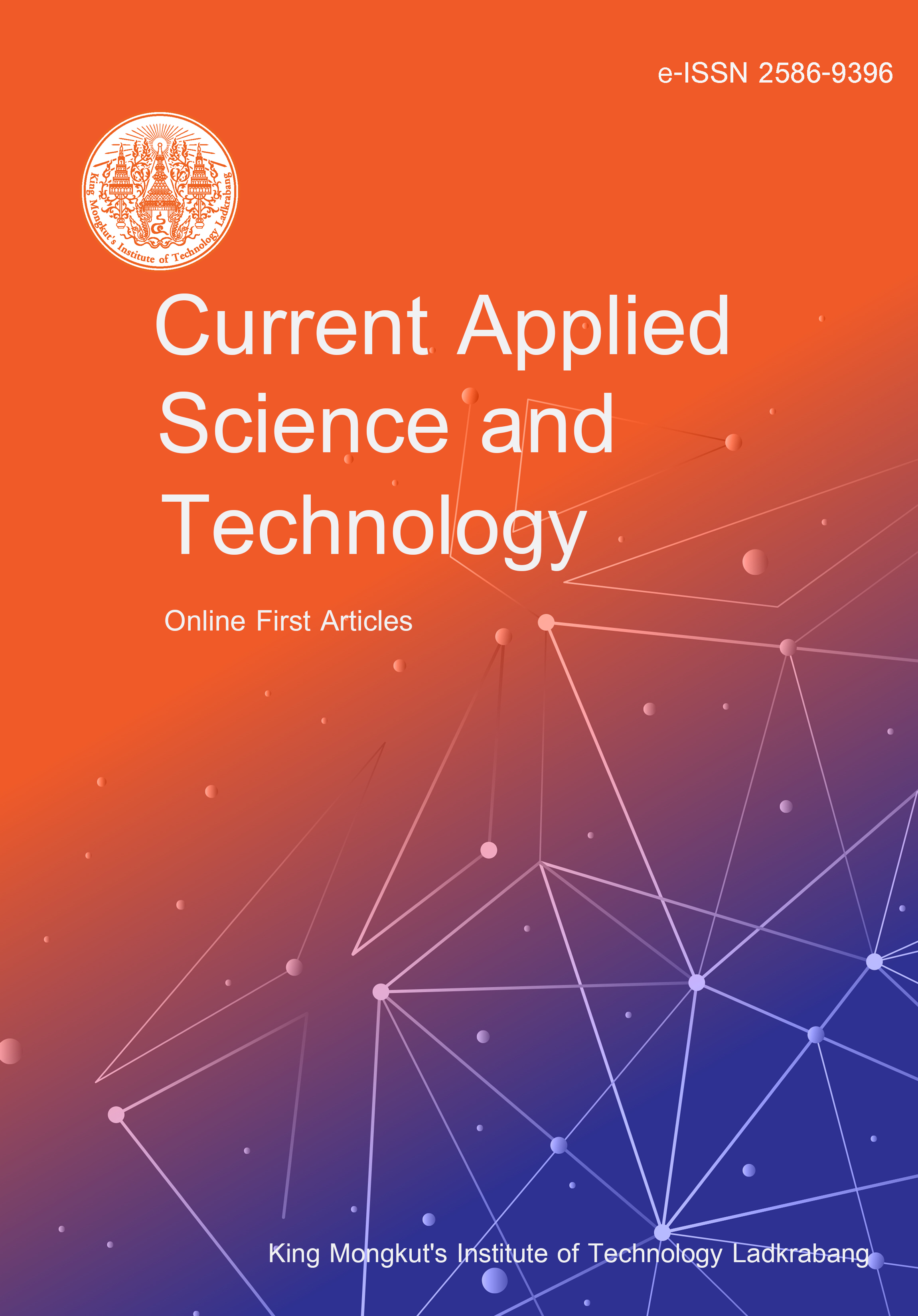Biodiesel is a renewable energy source with significant potential to reduce reliance on fossil fuels. In its production, crude palm oil (CPO) is commonly processed through transesterification, a reaction often catalyzed by lipase enzymes. While these enzymes are effective, their single-use nature results in high production costs. To address this issue, immobilizing lipase enzymes on activated carbon offers a promising solution, enabling the reuse of the enzyme and reducing costs. This study aimed to evaluate the effectiveness of activated carbon as a support for lipase immobilization in biodiesel production from CPO. The immobilization process involved incubating 1 g of activated carbon with 1 mL of lipase and 9 mL of 0.01 M Tris HCl buffer at 30°C for 6 h. The morphology of the immobilized lipase on activated carbon was analyzed using transmission electron microscopy (TEM) and the immobilized lipase exhibited a catalytic activity of 2.95 U/mg. Biodiesel synthesis was carried out with 50 g of CPO and 3 g of immobilized lipase as a catalyst, at 30°C for 24 h, with gradual methanol addition. The biodiesel was then analyzed, showing an acid value of 1.94 mg-NaOH/g, a saponification value of 143.61 mg-KOH/g, a free glycerol content of 0.06%-mass, a total glycerol content of 0.23%-mass, an ester content of 95.70%, a density of 872.09 kg/m³ at 40°C, and a kinematic viscosity of 6 mm²/s at 40°C. This study offers a more sustainable and cost-effective method for biodiesel production, highlighting the potential of immobilized enzymes to enhance renewable energy practices.
Rachmadona, N. ., Zahrah, F. N. A. ., Dewi, D. A. S. L. A. ., Hartono, A. T. ., Kurnia, I. ., Noviyanti, A. R. ., Zikri, A. ., & Restu, W. K. . (2025). Activated Carbon-Supported Lipase as Biocatalyst for Biodiesel Synthesis from Crude Palm Oil. Current Applied Science and Technology, e0265099. https://doi.org/10.55003/cast.2025.265099


https://cast.kmitl.ac.th/doi/10.55003/cast.2025.265099